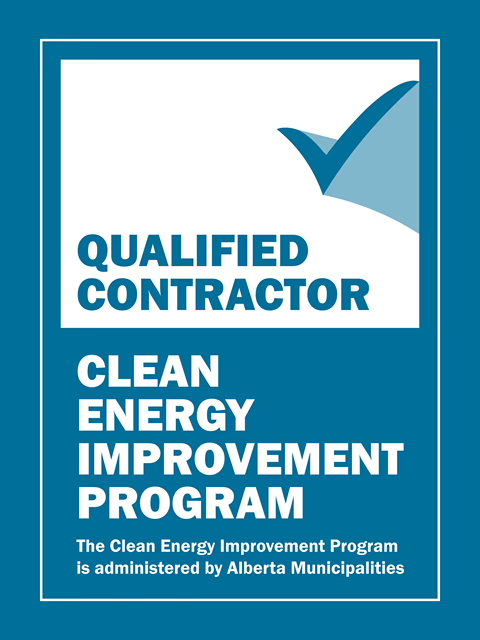Softened water has become a common solution for households dealing with hard water issues. It provides a smoother experience in showers, prevents mineral buildup in pipes, and can extend the lifespan of appliances. But is softened water safe to drink? Let’s delve into the intricacies of water softeners, sodium levels, health implications, and more.
How Water Softeners Work
Water softeners operate on a principle known as ion exchange. Hard water, which is common in many parts of Calgary, contains high levels of minerals like calcium and magnesium. These minerals can cause a host of issues, including scale buildup in pipes and reduced efficiency of appliances.
A water softener replaces calcium and magnesium ions with sodium ions. This is achieved by passing hard water through a resin tank filled with tiny sodium-coated beads. As the hard water flows through the tank, the calcium and magnesium ions are exchanged with sodium ions, resulting in softened water.
The Sodium in Softened Water: Safety Levels and Guidelines
One of the most common concerns about softened water is the increased sodium content. How much sodium does this process add to the water, and is it safe for consumption?
The amount of sodium in softened water varies depending on the hardness of the original water. Generally, the sodium content is relatively low. According to the U.S. Environmental Protection Agency (EPA), water with a sodium concentration below 20 milligrams per liter (mg/L) is considered low sodium. Most softened water contains sodium levels well within this limit.
However, the actual increase in sodium depends on the hardness of the incoming water and the efficiency of the water softener. While it’s usually safe for most people, those on a low-sodium diet or with specific health conditions may want to consider other options.
Health Implications of Drinking Softened Water
Drinking softened water is generally safe for most people. The increased sodium levels are usually minor and not harmful to healthy individuals. However, there are some exceptions to consider:
- Infants and Young Children: Babies and toddlers have different dietary sodium requirements. It’s advised to prepare formula with distilled water or as directed on the formula’s packaging, as softened water contains increased sodium levels that could be harmful to infants.
- Individuals on a Low-Sodium Diet: If you’re on a low-sodium diet due to conditions like high blood pressure or heart disease, even a slight increase in sodium intake might be a concern. In such cases, it might be better to use an alternative water source for drinking and cooking.
Benefits of Softened Water
Softened water isn’t just about reducing mineral buildup in pipes—it can also have other benefits, including:
- Improved Skin and Hair Health: Hard water can cause dry skin and dull hair due to the buildup of calcium and magnesium. Softened water helps maintain skin moisture and leaves hair feeling softer.
- Better Cleaning: Softened water allows detergents and soaps to lather more effectively, leading to cleaner dishes and clothing with less residue.
Alternatives to Drinking Softened Water
If you’re concerned about the sodium content in softened water, there are alternatives:
- Reverse Osmosis Systems: These systems remove impurities and sodium from softened water, providing a source of low-sodium water for drinking and cooking.
- Separate Drinking Water Taps: Some households use a separate, unsoftened tap for drinking water. This is the setup that we have in our home. This approach allows you to enjoy the benefits of softened water for household use while avoiding added sodium in your drinking water.
Expert Opinions and Studies
Various studies and health experts suggest that drinking softened water is generally safe for most people. The World Health Organization (WHO) notes that sodium levels in softened water are typically within acceptable ranges. However, if you have health concerns, it’s always best to consult with a healthcare professional or a water quality expert to assess your specific situation.
Conclusion
In conclusion, softened water is generally safe to drink for most people, with only a slight increase in sodium content. However, those with specific dietary restrictions or health conditions should be cautious. If you’re unsure, consider alternatives like reverse osmosis systems or separate drinking taps. Ultimately, the choice should be based on your health needs and the specific water conditions in your area.
If you have any questions or concerns about water softeners, contact Harper’s Plumbing for expert advice and assistance. We are here to help you make informed decisions about water softeners and other plumbing-related items.








